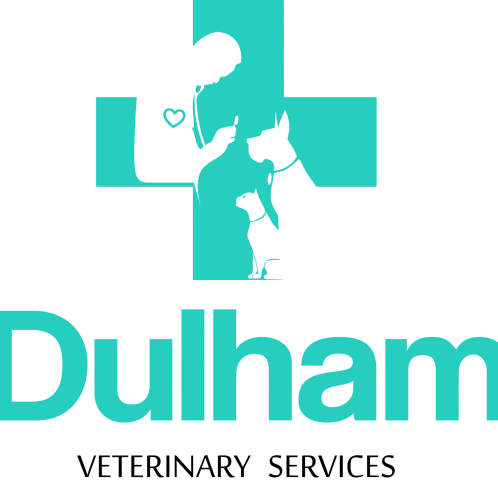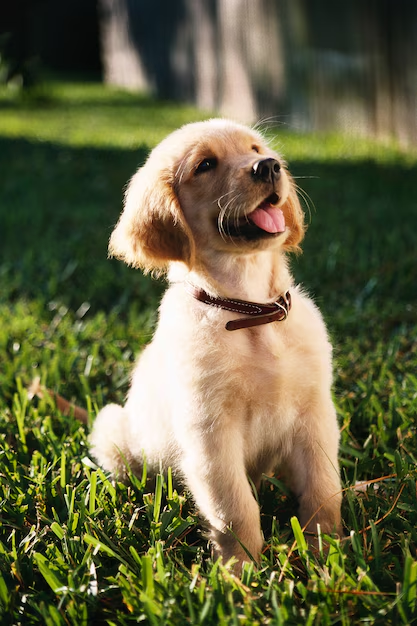Dog farming, also known as dog breeding for commercial purposes, is rapidly growing in popularity across Nigeria. With increasing demand for security dogs, companion pets, and exotic breeds, dog farming has become a profitable venture for many entrepreneurs. Unlike informal backyard breeding, professional dog farming involves strategic breed selection, health management, and marketing.
Whether you’re a pet enthusiast or an investor looking for a sustainable livestock alternative, 2025 presents a fresh opportunity to tap into Nigeria’s booming pet market. This guide explores how to get started, the most profitable breeds to consider, expected profits, and how to navigate the challenges.
Is Dog Farming Profitable in Nigeria?
Yes, dog farming can be highly profitable in Nigeria—especially if you’re focused, ethical, and strategic. With a growing middle class and rising insecurity in urban areas, more Nigerians are buying dogs for companionship, prestige, and protection.
A single well-bred puppy can sell between ₦100,000 and ₦700,000, depending on the breed and pedigree. A healthy female dog can produce 6–10 puppies per litter, and often breeds twice per year. This means one female dog alone could generate millions annually.
However, success depends on several factors:
-
Breed popularity and pricing power
-
Quality of your breeding stock
-
Kennel management and hygiene
-
Trust and reputation in the market
-
Access to veterinary services
Top 10 Most Profitable Dog Breeds in Nigeria (2025 Edition)
Choosing the right breed is crucial. Here are the top 10 dog breeds Nigerians are buying in 2025 and why they’re profitable:
1. German Shepherd
Highly intelligent and trainable. Favored for security and loyalty. Can sell for ₦150,000–₦400,000.
2. Rottweiler
A powerful, intimidating guard dog. High resale value with proper pedigree. Pup prices range from ₦200,000–₦600,000.
3. Boerboel
Strong, muscular breed with great instincts. Common among estate owners. Sells for ₦180,000–₦450,000.
4. Caucasian Shepherd
Massive and protective. Popular in the North and high-income areas. Price: ₦300,000–₦700,000.
5. American Bully
Trending among youths and celebrities. Compact but powerful. Average price: ₦250,000–₦600,000.
6. French Bulldog
Small, cute, and low-maintenance. Urban-friendly. Sells from ₦350,000–₦600,000.
7. Lhasa Apso
Small breed that appeals to families and older buyers. Market price: ₦100,000–₦250,000.
8. Labrador Retriever
Gentle and friendly. Ideal family companion. ₦150,000–₦300,000.
9. Chow Chow
Exotic look with a lion-like mane. Loved for its uniqueness. ₦300,000–₦600,000.
10. Maltese
Toy breed with strong urban appeal. Great for first-time pet owners. ₦120,000–₦280,000.
Step-by-Step Guide to Starting a Dog Farming Business
1. Understand Legal Requirements
Register your kennel business with CAC and check local government regulations. Some states require a dog farming license.
2. Choose a Suitable Location
You need a clean, quiet, spacious area—preferably on the outskirts of town with enough room for kennels, open space, and waste drainage.
3. Estimate Startup Costs
Initial investment can range from ₦800,000 to ₦5 million depending on scale. Costs include:
-
Breeding dogs (₦300,000+ each)
-
Kennel construction
-
Vet care
-
Feeding and vaccines
-
Licensing and branding
4. Buy Quality Breeding Stock
Avoid inbreeding and low-quality stock. Get your dogs from registered breeders with medical records.
5. Set Up a Functional Kennel
Use concrete or metal-fenced kennels with good drainage, ventilation, and access to clean water. Include an isolation area for sick dogs.
Breeding and Puppy Management Tips for Nigerian Dog Farmers
Breeding Timing
Monitor your female’s heat cycle. Most come into heat twice yearly. Mate them during the second week for best results.
Pregnancy and Delivery
Pregnancy lasts about 63 days. Prepare a clean whelping box. Avoid disturbing the mother during delivery.
Puppy Care
Keep the area warm. Begin feeding high-quality puppy food at 3–4 weeks. Deworm at 2 weeks and vaccinate at 6–8 weeks.
Socialization
Expose puppies to humans and gentle noise early to reduce anxiety and increase marketability.
Marketing and Selling Your Dogs in Nigeria
Pricing Strategy
Research breed market values. Don’t underprice, but also avoid overshooting your reputation level.
Where to Sell
-
WhatsApp groups
-
Jiji.ng
-
Instagram and TikTok (with visuals)
-
Referrals and pet shops
Trust and Branding
Provide health records, vaccination proof, and allow kennel visits. Build customer trust for repeat business.
RECOMMENDED:
- Dog Breeding in Lagos: Starter Guide & Top 10 Breeders
- Beginner’s Guide to Dog Breeding in Lagos: Costs, Care & Setup
- Top 10 Clinics for Dog Spaying & Neutering in Lagos (2025)
Common Mistakes in Dog Farming and How to Avoid Them
Overbreeding and Inbreeding
Too many litters or using related dogs weakens the gene pool. This causes deformities and early death.
Poor Sanitation
Dirty kennels attract infections and ticks. Clean daily and disinfect weekly.
Neglecting Veterinary Care
Work with a certified vet from day one. Preventative care is cheaper than treatment.
Lack of Record Keeping
Track expenses, sales, breeding history, and health records to monitor growth and avoid chaos
Future Outlook of Dog Farming in Nigeria (2025 and Beyond)
The pet industry is evolving. Nigerians now spend more on dog food, training, grooming, and pet hotels. Opportunities in 2025 include:
-
Boarding kennels
-
Dog food production
-
Dog training services
-
Breeding niche dogs for export
With better technology, health tracking, and online exposure, dog farming in Nigeria is becoming more structured and scalable.
Final Thoughts On Dog Farming in Nigeria
Dog farming in Nigeria is more than just a side hustle — it’s a scalable business with real profit potential when done right. Whether you’re raising security dogs, exotic breeds, or family-friendly pets, success depends on your knowledge, commitment to ethical breeding, and ability to build trust with buyers.
As 2025 unfolds, opportunities in the pet industry will continue to grow alongside Nigeria’s urban population and pet-loving culture. If you start with the right breeds, maintain proper hygiene and veterinary care, and learn how to market your dogs well, dog farming can become a rewarding source of income and personal fulfillment.
One of the most important steps is having the right veterinary guidance from the beginning. Dulham Veterinary Clinic is one of Nigeria’s most trusted names in animal care and dog breeding consultation. Whether you need help choosing healthy breeding stock, setting up vaccination schedules, or managing canine health, Dulham offers expert support for both beginners and experienced farmers.
Planning to start small or scale up?
Phone Us
0806 632 9826
Visit Us
No 23 Crown Court Estate 2, Orunbe close , Oniru. Victoria Island, Lagos.
No. 3 Isiokpo Street, Phalga, Port Harcourt
Mail Us
help@dulhamvetclinic.com
Join our Whatsapp Community – learn from other pet parents, and be the first to know about exclusive offers. Click to join the group
Frequently Asked Questions on Dog Farming in Nigeria
How much capital do I need to start a small dog farming business in Nigeria?
A small-scale setup with 2–3 dogs can start from ₦800,000 to ₦1.5 million depending on the breed and location.
What are the best low-maintenance dog breeds to raise for profit?
Breeds like Lhasa Apso, Maltese, and French Bulldog are low-maintenance and profitable in urban markets.
Can I make a full-time income from dog farming in 2025?
Yes, with 4–6 quality breeding dogs, good marketing, and proper management, you can generate steady monthly income.
What are the risks of dog farming as a business in Nigeria?
Disease outbreaks, low demand, inbreeding, and high cost of feed or vet care are key risks.
Where can I buy purebred puppies or foundation stock in Nigeria?
From registered breeders in Lagos, and Port Harcourt like Dulham Veterinary Clinic

